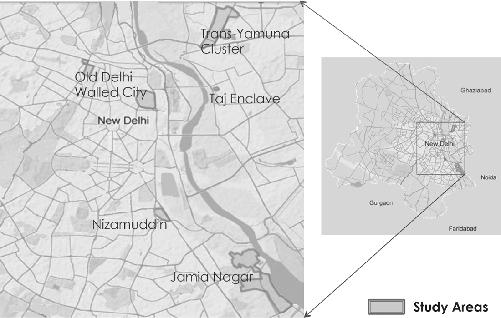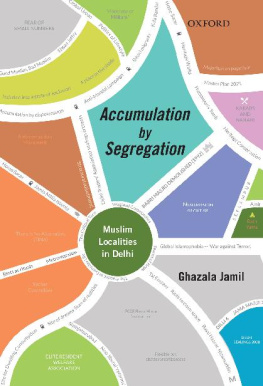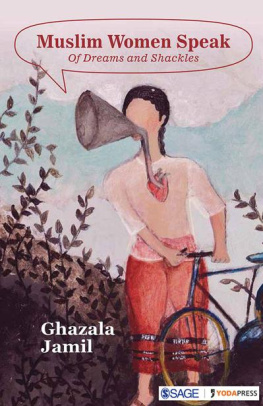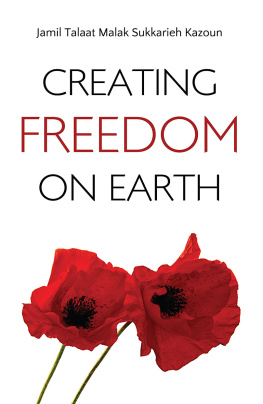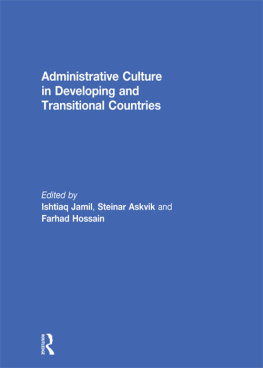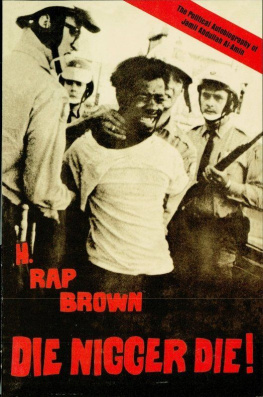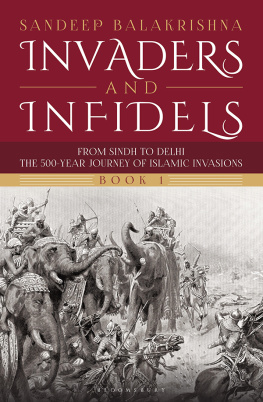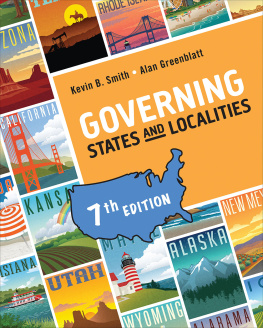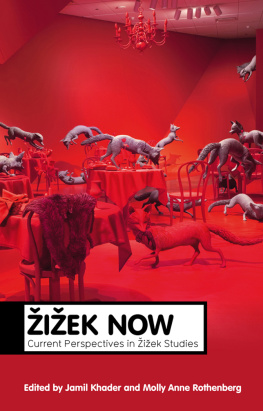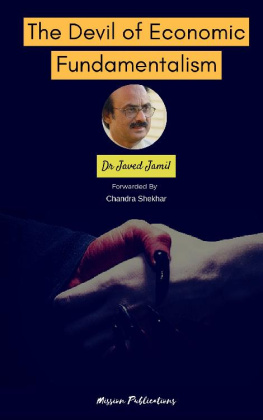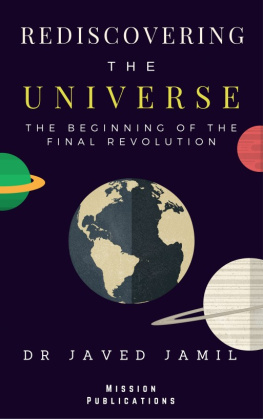Accumulation by Segregation
Map 1 Study Areas
Source : Author (based on google maps).
Note : This map is not to scale and does not depict authentic boundaries.
Accumulation by Segregation
Muslim Localities in Delhi
Ghazala Jamil
Oxford University Press is a department of the University of Oxford.
It furthers the Universitys objective of excellence in research, scholarship,
and education by publishing worldwide. Oxford is a registered trademark of
Oxford University Press in the UK and in certain other countries.
Published in India by
Oxford University Press
2/11 Ground Floor, Ansari Road, Daryaganj, New Delhi 110 002, India
Oxford University Press 2017
The moral rights of the author have been asserted.
First Edition published in 2017
All rights reserved. No part of this publication may be reproduced, stored in
a retrieval system, or transmitted, in any form or by any means, without the
prior permission in writing of Oxford University Press, or as expressly permitted
by law, by licence, or under terms agreed with the appropriate reprographics
rights organization. Enquiries concerning reproduction outside the scope of the
above should be sent to the Rights Department, Oxford University Press, at the
address above.
You must not circulate this work in any other form
and you must impose this same condition on any acquirer.
ePub ISBN-13: 978-0-19-909148-5
ePub ISBN-10: 0-19-909148-X
Typeset in Minion Pro 10.5/14
by Tranistics Data Technologies, Kolkata 700 091
Printed in India by Rakmo Press, New Delhi 110 020
For
Manoj K. Jha
who cleared the space for me to speak
Stop thinking about saving your face. Think of our lives and tell us your particularized world. Make up a story. Narrative is radical, creating us at the very moment it is being created. We will not blame you if your reach exceeds your grasp; if love so ignites your words they go down in flames and nothing is left but their scald. Or if, with the reticence of a surgeons hands, your words suture only the places where blood might flow. We know you can never do it properlyonce and for all. Passion is never enough; neither is skill. But try. For our sake and yours forget your name in the street; tell us what the world has been to you in the dark places and in the light. Dont tell us what to believe, what to fear. Show us beliefs wide skirt and the stitch that unravels fears caul. You can speak the language that tells us what only language can: how to see without pictures. Language alone protects us from the scariness of things with no names. Language alone is meditation.
Tell us what it is to be a woman so that we may know what it is to be a man. What moves at the margin. What it is to have no home in this place. To be set adrift from the one you knew. What it is to live at the edge of towns that cannot bear your company.
Toni Morrison
Nobel Lecture: 7 December 1993
CONTENTS
Kaun jae Zauq par Dilli ki galiyan chhor kar
(Who wishes to leave, Zauq, wandering the streets of Delhi)
Sheikh Ibrahim Zauq
Time spent wandering the streets of Delhi, drinking in the depths of everyday life; meeting with people, partaking in their memories and experiences; pouring over the work of the finest thinkers and maverick walkers of the world; reflecting on human existence, oppression, and emancipation has come to fruition in this work. Based on my doctoral thesis from the University of Delhi (200812), this book is a result of a process of great discovery and learning for me. The entire process is marked by moments of serendipity followed up with much digging, probing, and analysing. Though this process had its solitary moments, for the most part I was travelling with wonderful companions.
I was extremely fortunate in having Professor Manoj K. Jha as my doctoral supervisor. He is an inspiration for championing against ignorance, apathy, and prejudice. Every interaction with him is a lesson in being political and doing theory. I can never even begin to thank him properly because I know I will never be able to thank him enough for his generosity and brilliance, both of which know no bounds. I thank my colleagues at Delhi School of Social Work (DSSW), University of Delhi, where I taught at the time of being engaged in my doctoral work. Special thanks to Pushpanjali for being a comrade in arms and for sharing true empathy. I particularly wish to acknowledge my students in the State, Political Economy and Governance course. They (without knowing it, perhaps) challenged me to see familiar concepts with a critical perspective, and escape the danger of oversight and oversimplification.
I would be setting myself up for an impossible task to thank all the participants of this study, but I would certainly be amiss if I did not mention Juned Khan and Ovais Sultan Khan, Shakeel Malik and Azeem Akhtar sahab for sharing their deep insights with me; for their faith in my efforts; for their willingness to indulge me with constant conversations, walks, and phone calls; and for introducing me to numerous other people. Thanks are also due to Humera Arzu for her support in accessing newspaper archives and transcribing interviews. Grateful thanks also to the OUP team who worked on this book, for their exceptional professionalism, their openness, and for making me keep to the schedule.
It was in the work of Professor N. Sridharan that I first encountered spatiality of marginalization. I thank him for drawing me to engage with students at the School of Planning and Architecture (SPA), Delhi, as Visiting Faculty. I thank my MA Regional Planning and Urban Planning students, who not only made teaching exciting by their critical and enthusiastic response, but also helped me learn so much about their discipline. Thanks are due to Shubham Mishra for sharing his insights about mapping and getting me all excited about GIS, and to Sheema Fatima for her incisive comments on spatiality of middle-class aspirations. Thank you all for demystifying Planning for me.
The discussions and feedback received in two conferences gave my work an additional edge. I thank the Sir Dorabji Tata Trust for giving me a travel grant to present a paper titled Spatiality of Differential Belonging: Variable (but Durable) Marginalities among Muslims in Delhi based on preliminary findings of this research at the international conference organized by RC21Research Committee for Urban and Regional Studies of the International Sociological Association at the University of Amsterdam in July 2011. I also thank Professor Manish K. Jha who invited me to present a paper at a symposium organized by him at the Tata Institute of Social Sciences in collaboration with Mahanirban Calcutta Research Group in November 2011. This paper was titled . Revised versions of these were published respectively, in the Economic and Political Weekly (EPW) titled Capitalist Logic of Spatial Segregation: A Study of Muslims in Delhi, and in the Working Paper Series of the Centre for the Study of Law and Governance (CSLG), JNU, as Normative Non-citizens of the Global Urban: Muslims in Delhi. Slightly reorganized, this material is included in the present book. I thank EPW and CSLG for permission to republish this material.
